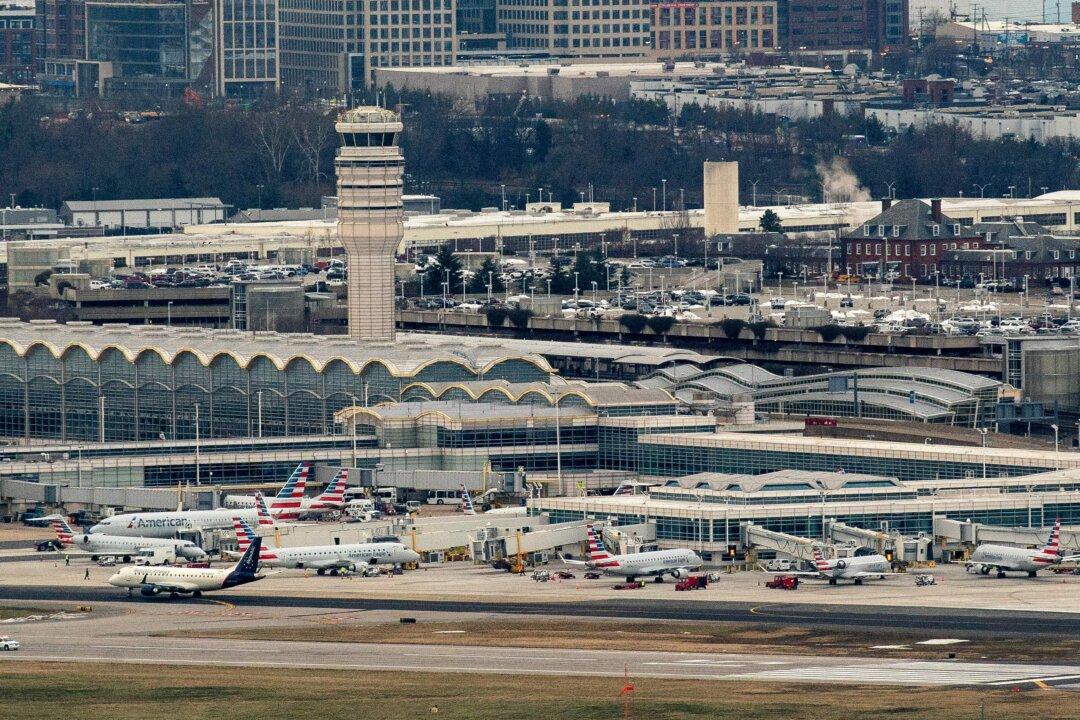AT&T and Verizon on Tuesday agreed to temporarily delay its rollout of 5G service near some U.S. airports after airlines warned the rollout would cause flight cancellations.
Both AT&T and Verizon still plan on deploying their 5G networks on Jan. 18, aside from a “limited number” of 5G towers within two miles of some runways.





